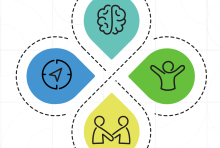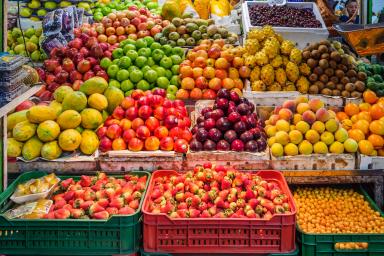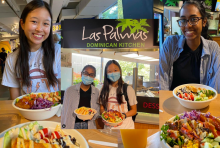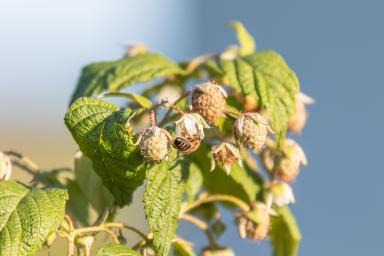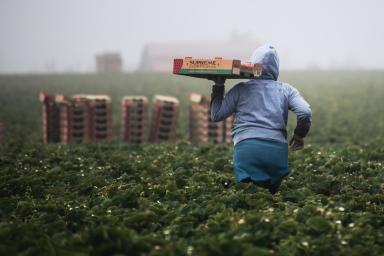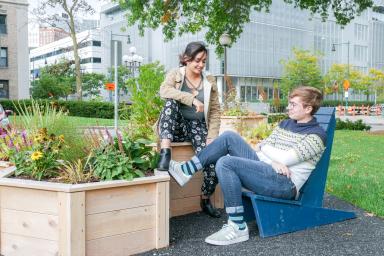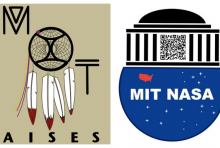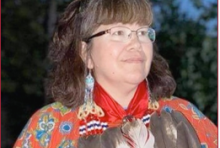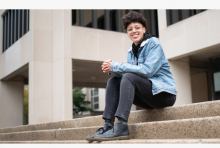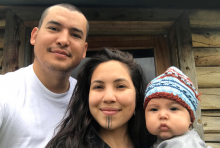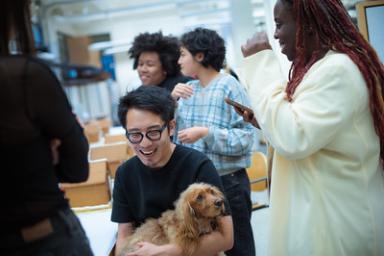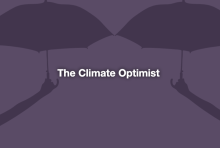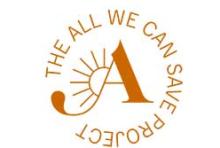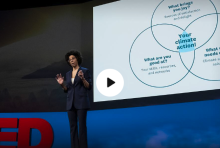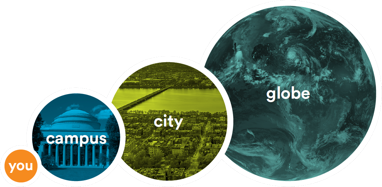Recent MITOS Workshops
Climate Community Collaborative (September 20-21, 2023)
A convening of climate leaders from across sectors and communities, including academic, civic, nonprofit, tribal, and industry. We will actively engage in listening, understanding the landscape of current efforts and challenges, forming connections, and co-creating a vision for a Climate Community Collaborative.
ICEO Community Dialogues: Exploring Climate & Environmental Justice (Thursday, March 4, 2021)
An opportunity to reflect on your role in promoting climate and environmental justice at MIT with Susy Jones, MITOS; Asia Hypsher ’21; and Patricia Saulis, MLK Visiting Scholar, Executive Director, Maliseet Nation Conservation Council, Canada
Slides, Recap, and Follow Up Resources
Sustainability Connect: Exploring the Social Justice and Sustainability Nexus in Colombia, the U.S., and Campus (October 15, 2020)
With Susy Jones, MITOS; Janelle Knox Hayes, Associate Professor Associate Professor of Economic Geography and Planning; Luis Gilberto Murillo-Urrutia, Research fellow at ESI & Former Minister of Environment and Sustainable Development, Colombia; and Marcela Angel, Research Associate at ESI
Slides & Recap
ICEO Day of Dialogue: Climate, Sustainability, & Justice at MIT (August 5, 2020)
This session opens up a dialogue to discuss the connection between environmental racism and justice and our work advancing a sustainable campus. With Susy Jones, MITOS; Justin Steil, Associate Professor of Law and Urban Planning; and Mimi Wahid ‘21
Slides







